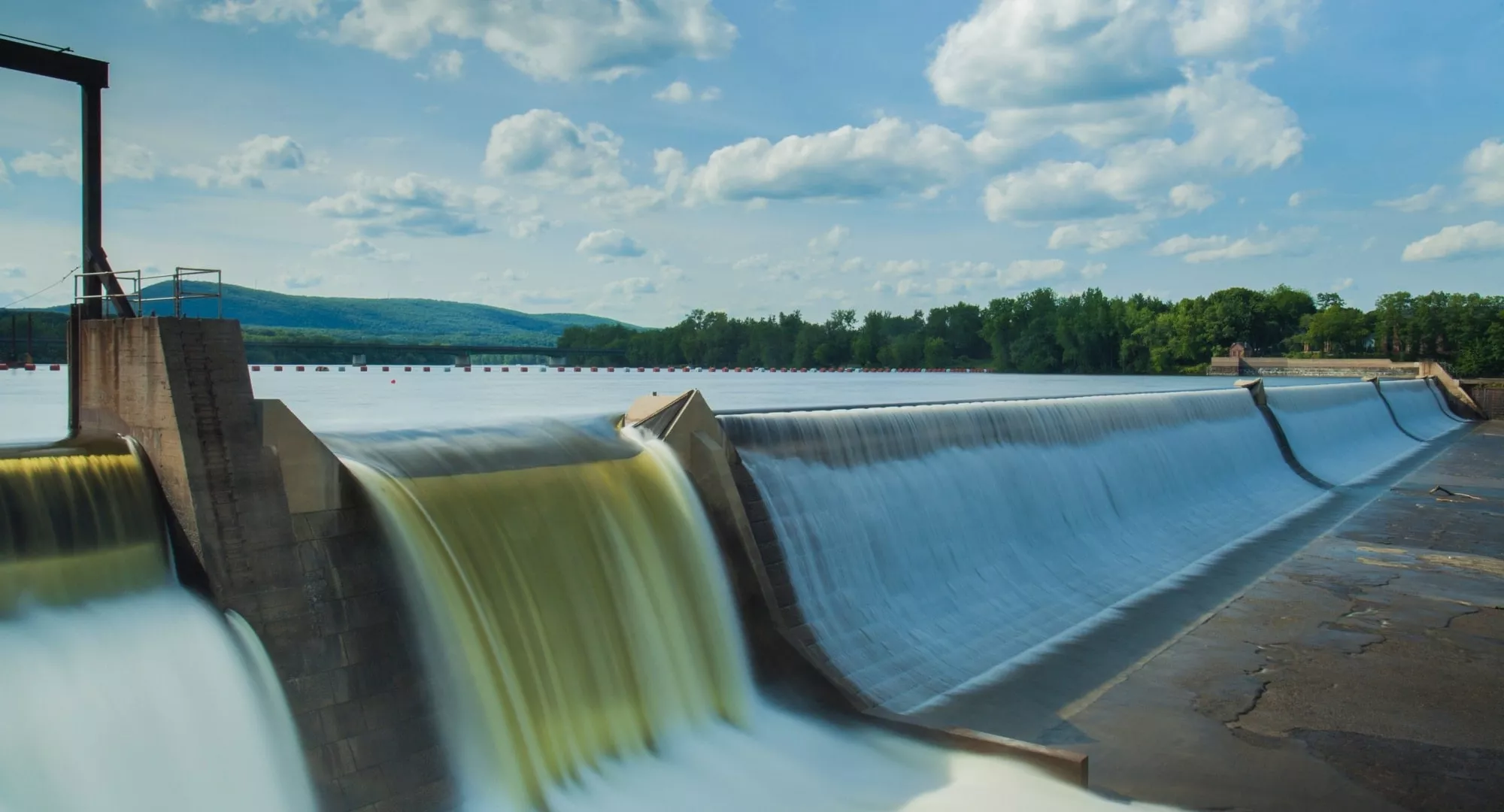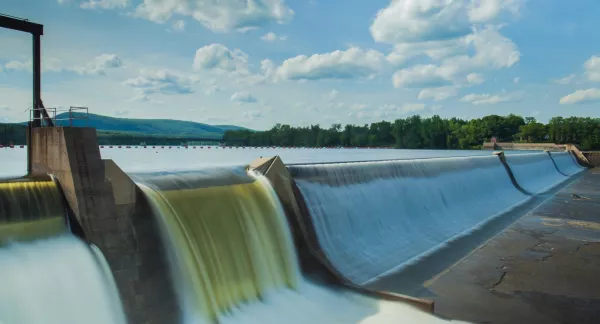
Develop Best Management Practices to Control Potential Health Risks and Aesthetic Issues Associated with Storage/Distribution of Reclaimed Water
Abstract
Reclaimed water should be viewed as a perishable product analogous to food products with a shelf life, signifying the need for minimal water detention time in storage or distribution system (i.e., increased turnover). A rapid turnover minimizes the deterioration in water quality whereas low water turnover increases water age in the system. There is a need to tap into existing knowledge to ensure a product of reliable quality up to the point of intended use by using a best management practices (BMPs) approach. BMP guidance is distinct from regulations in various ways. Regulations are set by a regulatory agency and require compliance with certain standards containing numerical criteria. By contrast, BMP guidance is typically voluntarily implemented to prevent negative impacts or improve operations. They are considered as the “best” available and practical means of preventing a particular impact without affecting the cost or efficiency of the production, storage and distribution of reclaimed water. The study used a multi-layered approach of surveys, interviews, case studies, literature review, and an expert workshop to develop BMPs for controlling potential health and aesthetic issues associated with storage and distribution of reclaimed water.
Originally funded as WERF project Reuse-11-03.


